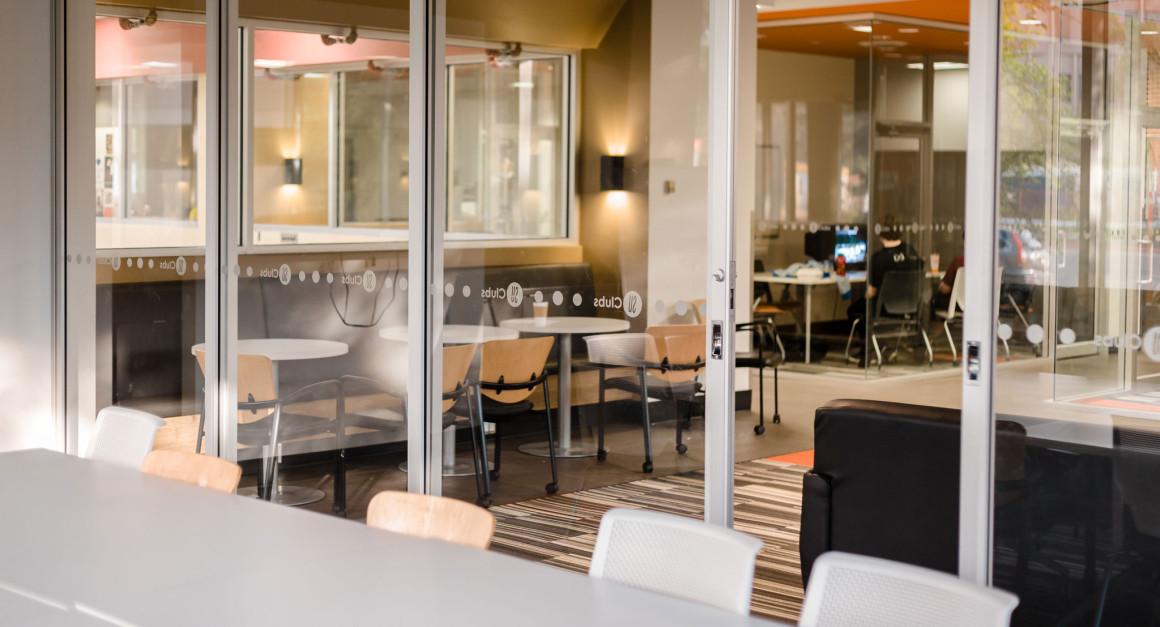
How to make group projects bearable
By Jason Herring, April 6, 2016 —
Group projects are rarely fun, but they’re a necessary part of completing most degrees at the University of Calgary. No matter what faculty you’re in, chances are you’ve had to work with your peers in some capacity over the course of the semester.
Though few students love group projects, they aren’t going away. The real world is full of group projects, as I’m sure you’ve heard your professors proclaim.
The worst example I can think of is an experience a friend of mine went through. Her group finished the project without consulting her, then submitted it to the professor a week before the due date. When my friend saw the final project, it was full of grammatical mistakes. Christ.
But there are some ways to make the experience less painful for everyone involved. These tips seem obvious, but it’s shocking how many people are oblivious to these unwritten rules.
The gravest sin you can commit in a group project is shrugging off work altogether. Everyone has other priorities and work to get done, but there’s seldom an excuse for not coming through. You’re not only letting yourself down by doing this, but also your entire group. You’d almost think the shame inherent in this would be enough to persuade people to do their damn work.
A rare variation of this misdeed is when a group member does too much work. They often claim they just got carried away and ended up doing your part of the assignment too. While this might seem nice, it’s frustrating to have your control over an assignment taken away from someone who evidently doesn’t trust your contributions.
Many, including myself, dislike group projects because of this lack of control. Sometimes doing an assignment with people you don’t know feels helpless. Your grade hinges on their satisfactory completion of their assigned work, but it’s important to remember that other members of your group project probably feel that way too. Trying to micromanage every piece of the work only creates resentment.
Most problems with group projects can be avoided through solid communication. The key is to be flexible. Even if your group members insist on using Kik to coordinate ideas, just download the damn app. Take the high road.
Be flexible about when you work, too. If the only time your group can work on the project before it’s due is at 8:00 a.m. on Sunday, so be it. It won’t kill you.
But even if you do everything right, there’s a good chance you’ll encounter difficult group members. In that situation, your best bet is trudging through the project without them. It’s tempting to ask the professor for help, but unless they’ve specified that they want students with problems to come to them, they’ll probably just be annoyed by the plea.
Group projects are tough, but they don’t have to be. And even if yours turns out to be a complete mess, at least you’ll pick up some good stories.
And to all my current and former group project partners — I’m sorry everyone. It’s not me, it’s you.
Jason Herring is a second-year computer science student. He writes a monthly column about problems facing University of Calgary students called Old Man Yells at Cloud.
